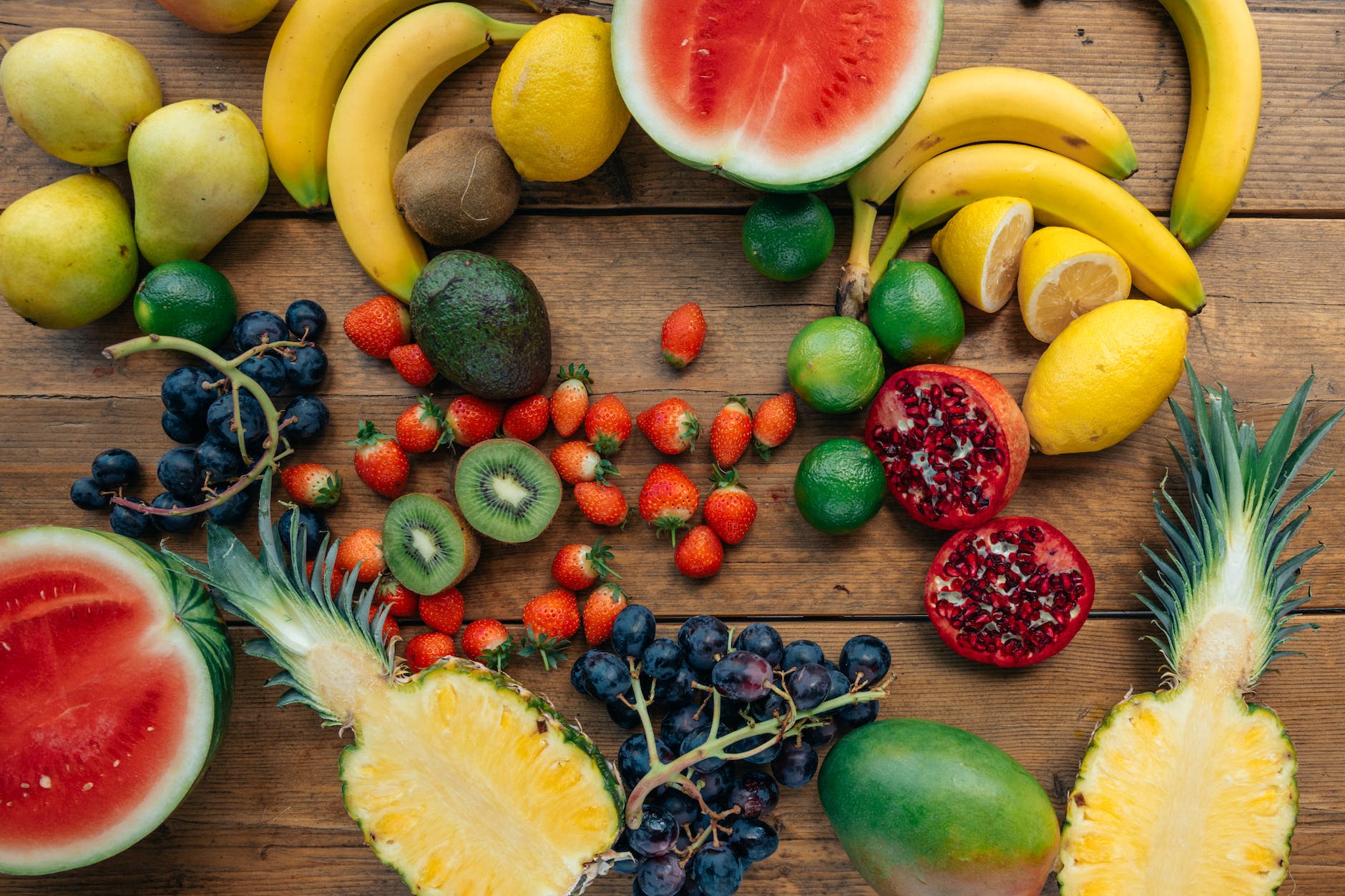Table of Contents
Introduction
Bananas are a widely consumed fruit that also serves as a practical snack. On the other hand, if you have diabetes, you need to be aware of the potential dangers that come with consuming an excessive number of bananas.
They are a good source of vitamins and minerals; nevertheless, due to the high levels of sugar that they contain, they pose a health risk to persons who already have diabetes.
In addition, unripe bananas have a high starch content, which contributes to their ability to elevate blood sugar levels. For this reason, it is essential to keep track of the number of bananas you consume and to ensure that the bananas you select are at their peak level of ripeness before eating them.
What Characteristics Do Ripe Bananas Possess That Unripe Bananas Do Not?

Do you know what differentiates a ripe banana from an unripe banana and why that distinction is important? Bananas at varying stages of ripeness have distinct flavor profiles, textural profiles, and nutrient profiles.
Bananas are a popular type of fruit that may be consumed both when they are ripe and when they are still green.
There are certain key distinctions to be made between the two types, even though both are equally scrumptious. Because ripe bananas have a sweeter taste than unripe bananas do and because ripe bananas contain more sugar, they are an excellent option for a snack for diabetics who want to satiate their sweet tooth without increasing their risk of developing the condition.
Additionally, unripe bananas are more difficult to digest than ripe bananas because ripe bananas contain a greater quantity of naturally occurring enzymes that assist in the process of breaking down the sugars contained within unripe bananas.
Bananas that are still unripe contain resistant starch, which does not cause an increase in blood sugar levels and may help better maintain blood sugar levels over the long run. Bananas that have turned yellow indicate that they are ripe and contain more sugar than green bananas.
Take the first step to a healthier life! Subscribe to munkx.com now and stay up-to-date with the latest trends, get tips on lifestyle modifications, and discover ways to improve your emotional health. Sign up today and start living your best life!
Bananas can be enjoyed by a diabetic person as part of a healthy diet, but only when consumed in moderation. As long as an individual does not consume an excessive amount of bananas, the vitamin, mineral, and fiber content of bananas may even offer potential health benefits for people who have diabetes.
Nutritional Value of Ripe Bananas – Are They Good or Bad for Diabetics?

The sweet flavor and high nutritional content of bananas have made them one of the most popular fruits in the world. But how exactly do overripe bananas affect people who have diabetes? What kind of effects do they have on them?
Bananas have a higher carbohydrate and sugar content compared to other foods; however, they also include fibre and resistant starch, which helps to slow down digestion and the release of sugar into the bloodstream. Because of these characteristics, bananas are an excellent choice for diabetics looking for a nutritious snack.
Approximately 18 grams of sugar and 26 grams of carbohydrates can be found in a ripe banana of a medium size. It is probable that this quantity of sugar will have a considerable impact on your blood sugar; however, the precise effect may vary depending on your unique body as well as the rest of your diet.
One extra-small banana, which is defined as a banana that is no longer than 6 inches in length, is the suggested portion size for diabetics when it comes to eating bananas. This is about a third of the 45 grammes to 60 grammes of carbohydrates that the majority of diabetics are allowed to ingest in a single meal, and the amount of carbohydrates that can be found in a banana of this size.

Download Our Free e-book Today!
Just enter your name and email ID and download our free book.
If you have diabetes and want to eat bananas, you should limit yourself to one or two bananas of a medium size each day, and you should also consider how much other fruit you are eating.
How Can Eating a Ripe Banana Impact Blood Sugar Levels for Diabetics?
For diabetics, eating a banana that has reached its peak sweetness can moderately increase their blood sugar levels. On the other hand, low total sugar and high dietary fiber make unripe bananas an excellent choice for diabetics looking for something to eat.
The International Glycemic Index Database states that ripe bananas have a GI of 51, which is considered to be a low value; bananas that are only slightly underripe have an even lower GI of 42. Because of this, their glycemic index is lower than that of many other fruits, which indicates that consuming them will not result in an abrupt increase in the amount of sugar in the blood. Consuming a ripe banana can be useful for people with diabetes who are aiming to maintain appropriate blood sugar levels; nevertheless, it is important to keep in mind that consumption should be limited.
What are the Other Health Benefits of Eating a Ripe Banana?
Consuming a banana that has reached maturity can have a number of positive health effects. Bananas include a wealth of vitamins, minerals, and fibre, all of which can contribute to the maintenance of a healthy body and the normal operation of its systems.
A ripe banana has a high nutritional value since it is packed with essential vitamins and minerals including Vitamin C, Vitamin B6, and Potassium. Additionally, despite their low fat and calorie content, bananas are an excellent choice for those looking for a source of energy.
Consuming a ripe banana may assist in lowering one’s chance of developing chronic diseases such as heart disease, stroke, diabetes, and others. In addition to this, it is well known that they facilitate better digestion and control the levels of sugar in the blood.
Conclusion
Diabetes is a long-term condition that affects a significant number of people all over the world. Certain foods, in addition to diet and exercise, can influence one’s blood sugar levels. Managing diabetes effectively requires careful attention to all of these aspects. Consuming food within prescribed boundaries will result in beneficial effects on the body for diabetics.
- Mind Your Words Before You Speak: Why Words Matter More Than You Think - July 22, 2024
- Which personality suits you. Know your personality. - June 6, 2024
- How depressed are you? Find using depression self-test. - June 6, 2024



